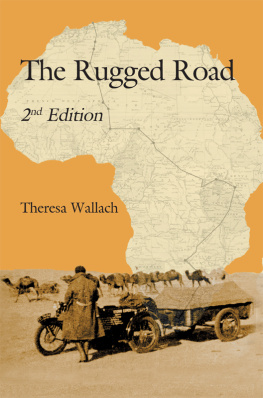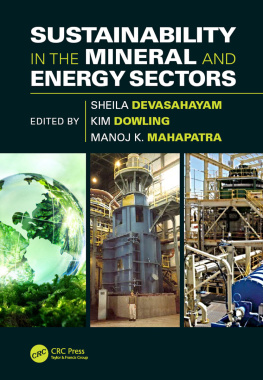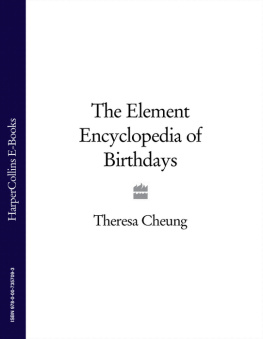
This deftly edited volume is invaluable to anyone interested in issues surrounding food security and gender. The authors of the 10 chapters explore the linkages between food security and the role of women using both quantitative and qualitative research methods and analyses at the national and local levels. The book focuses on selected countries of Southeast Asia; however, the findings and conclusions of the studies are applicable to other Asian countries.
Najma Rizvi
Emeritus Professor in Anthropology, North Seattle College, U.S.A.
Wander around the countryside of Southeast Asia and you will see women working in the fields, taking care of the livestock, and cooking for the family meal. Yet, this all-embracing role of women in food provision and production is still invisible to scholars and policymakers. May this book call attention to womens engagement and contribution to agriculture and show how to turn gender rhetoric into action to address food insecurity.
Rosalia Sciortino
Associate Professor, IPSR, Mahidol University, Thailand; and Director, SEA Junction, Thailand
Food security remains one of the most important development challenges. Numerous studies have been undertaken, examining not only the supply side (availability and stability) of food security, but also the demand side (accessibility and utilisation). This volume takes us one step further by analysing the gender perspective. Although it is mostly women who are the gatekeepers of food at the household level, it is unfortunate that their role is often overlooked in the broader discourse on food security. This book is critical for filling the gap in our understanding of womens role in food security. The chapters discuss a range of critical and related topics to food security from the gender variable in the competing definitions and measurements of food security to how women struggle to achieve food security in the family context.
Arianto Patunru
Australian National University (ANU), Australia
ENSURING A
SQUARE MEAL
Women and Food Security
in Southeast Asia
ENSURING A
SQUARE MEAL
Women and Food Security
in Southeast Asia
Editor
Theresa W. Devasahayam
Singapore University of Social Sciences (SUSS), Singapore
Published by
World Scientific Publishing Co. Pte. Ltd.
5 Toh Tuck Link, Singapore 596224
USA office: 27 Warren Street, Suite 401-402, Hackensack, NJ 07601
UK office: 57 Shelton Street, Covent Garden, London WC2H 9HE
Library of Congress Cataloging-in-Publication Data
Names: Devasahayam, Theresa W., editor.
Title: Ensuring a square meal : women and food security in Southeast Asia / [edited by] Dr. Theresa W. Devasahayam, Singapore University of Social Sciences.
Description: New Jersey : World Scientific, [2018]
Identifiers: LCCN 2017038818 | ISBN 9789813231894 (hardcover)
Subjects: LCSH: Women in agriculture--Southeast Asia. | Food security--Southeast Asia. | Food supply--Southeast Asia. | Women--Southeast Asia--Social conditions.
Classification: LCC HD6077.2.A785 E57 2018 | DDC 363.8082/0959--dc23
LC record available at https://lccn.loc.gov/2017038818
British Library Cataloguing-in-Publication Data
A catalogue record for this book is available from the British Library.
Copyright 2019 by World Scientific Publishing Co. Pte. Ltd.
All rights reserved. This book, or parts thereof, may not be reproduced in any form or by any means, electronic or mechanical, including photocopying, recording or any information storage and retrieval system now known or to be invented, without written permission from the publisher.
For photocopying of material in this volume, please pay a copying fee through the Copyright Clearance Center, Inc., 222 Rosewood Drive, Danvers, MA 01923, USA. In this case permission to photocopy is not required from the publisher.
Desk Editor: Karimah Samsudin
Typeset by Stallion Press
Email:
Printed in Singapore
Dedication
To my dear grandma, Grace Imelda Joseph
You remain the most important influence in my life. You were an amazing woman you were strong, steadfast, and a very kind person. I remember those qualities in my formative years. You were selfless and dedicated your life to taking care of me; and as matriarch in the family, you instilled in me the value of being happy and independent. I will always love you!
Contents
by Theresa W. Devasahayam
by Richard Barichello and Rupananda Widanage
by Aekapol Chongvilaivan and Thanut Tritasavit
by Titik Sumarti
by Truong Thi Ngoc Chi and Thelma R. Paris
by Sarah Turner and Christine Bonnin
by Phuong Hong Nguyen, Disha Ali, David B. Duong, Nemat Hajeebhoy, Rahul Rawat, and Purnima Menon
by Lee Poh Onn
by Theresa W. Devasahayam
by Jorge V. Tigno
Acknowledgements
The years 20072008 saw a spike in food prices. It triggered fears in peoples minds that a commodity that we often take for granted may not necessarily be always as easily available at the prices we assume. As populations grow, there is increasing pressure on land resources, leading to food insecurity. Asia lies at the centre of food insecurity because of the income inequality that the region has seen over the recent decades. Southeast Asia is no exception.
Womens food provisionary role in the family context, and their engagement and contribution to subsistence agriculture forms the main themes in this collection of chapters. Why women and their links to food, you may ask? Aside from their identity being bound up with their food provisionary role in the family, women have played a crucial role in farming communities. In some contexts, their role is vital; yet, they are invisible when they are considered family workers and are not counted in national labour force censuses.
The chapters in this compendium were originally papers that were presented at the conference entitled Gender and Food Security: Ensuring a Square Meal organised by the then Institute of Southeast Asian Studies (ISEAS) in Singapore in August 2011. The conference was organised with funding from Konrad Ardenauer Stiftung under the auspices of the Gender Studies Programme which I headed for six years. During that time, most of the work of the programme was dedicated to examining the inequalities women faced in various arenas, contexts, and situations both in the public and private spheres.
I would specially like to express my gratitude to the former Director of ISEAS, Ambassador K. Kesavapany, for supporting the Gender Studies Programme, and for allowing me to organise a conference devoted to the topic of gender and food security in Southeast Asia.
I would also like to expressly thank Professor Geoffrey Benjamin who participated in the conference as the discussant of the papers. Undoubtedly, his comments were insightful as well as helpful to the authors in revising their papers for inclusion in this book. Much thanks also to Thavamani Ratnasamy and Tony Carmack for being two awesome librarians. Thank you for your patience throughout the last few months of the production of this book and for meeting my last-minute requests for materials and references.






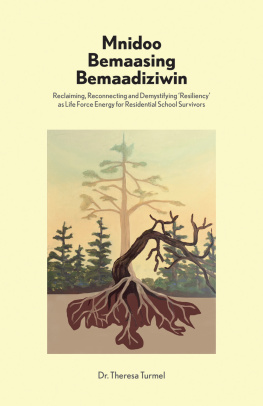

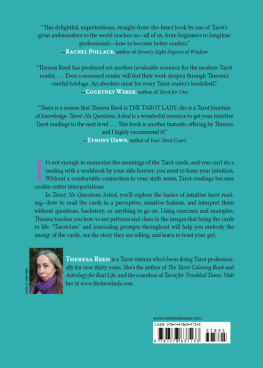
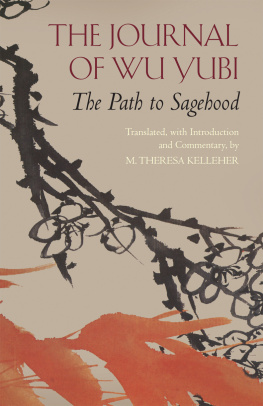
![Theresa Cheung - The Dream Dictionary from A to z; [Revised edition]](/uploads/posts/book/162615/thumbs/theresa-cheung-the-dream-dictionary-from-a-to-z.jpg)
